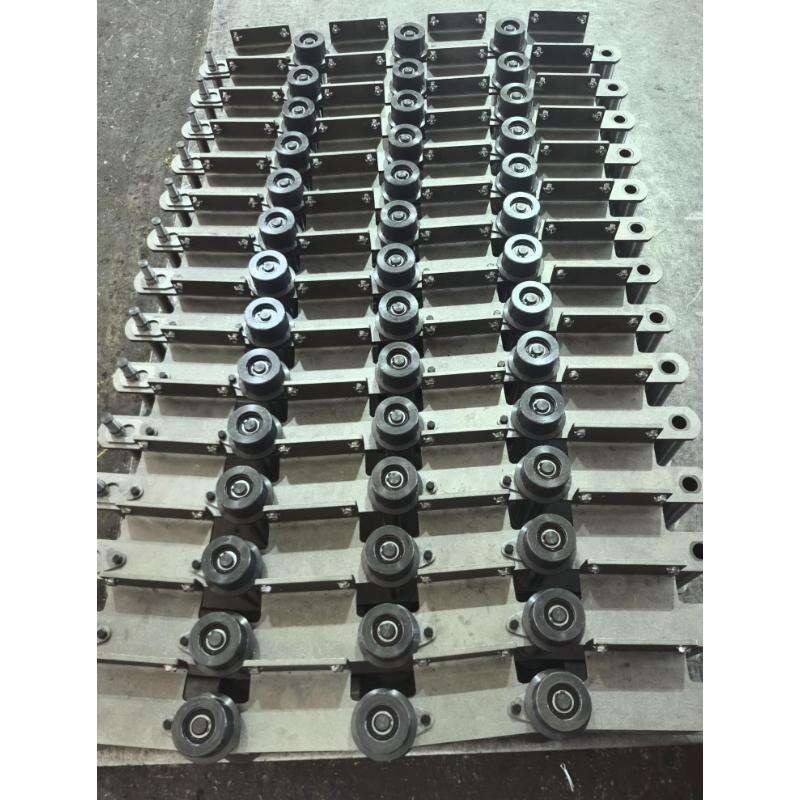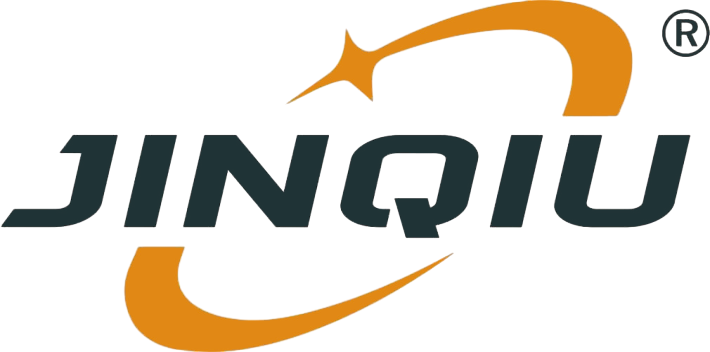Mail Us: [email protected]
Call For Us: +86-13912347849
Palm oil is from the fruit of the oil palm tree. These rare and spectacular trees only occur in warmer and tropical regions such as Indonesia and Malaysia. You may not know it, but we also find palm oil in many of the products we use everyday. For instance, it’s in soap, chocolate and even biodiesel fuel, used for some vehicles. Have you ever thought about how palm oil gets from the tree to store shelves? Join us on our fun and informative palm oil journey
It all starts with palm oil farmers who cultivate and harvest oil palm fruits. These heavy duty drag chain farmers toil to ensure that the fruit is ready for harvest. After harvesting the fruit, they resell it to palm oil mills. This is where they process your fruit to extract the oil. It is a very critical process that enables the fruit to become the palm oil we use in various products. The traders take the palm oil and sell it to different companies after arriving at the processing levels. These companies then use the palm oil to create all kinds of items we find on store shelves. Finally, the palm oil-containing finished products get shipped to stores for people like us to purchase.
Inengsible translates: Palm oil is not just used in one place, but a world food. This heavy duty conveyor chain makes palm oil supply chain extremely complex. Likewise palm-oil using companies can source from many countries and suppliers. As a result, it can be difficult to trace the palm oil to its exact source. At times, a lack of information sets off large problems such as rainforest destruction, which can be harmful to thousands of animals and plant species and create issues for humans who live in countries that produce palm oil.

In order to understand the flow of palm oil to supply chains, we need to investigate each one on an element by element basis. Good farming practices are very important if oil palm farmers want to do well. That means treating their workers well and taking care of the land. Palm oil mills also have a critical role to play. They forged chain have to ensure not to be wasteful or polluting too much while they extract the oil out of the fruit. After that, traders and companies that use palm oil need to check the origins of their oil. They should steer clear of suppliers that do bad stuff, like pollute the environment or mistreat workers. By keeping a close eye on this trip and every step of the journey, we can help to improve the palm oil industry for all involved.

However, palm oil has a high usage rate in our daily lives, and such an industry still has many serious issues that need to be solved. Deforestation is one of the biggest problems. Deforestation occurs when large forest areas are cleared to create palm oil plantations. This is harmful to biodiversity, endangering various life forms, such as plants and animals. It can also exacerbate climate change, which touches us all on Earth. Another serious issue are reports of child labor and poor treatment of workers on some of the palm oil farms. This isn’t fair and it has to change.” Conflicts may also arise over land rights between palm oil companies and locals. These drive chain link conflicts can lead to gaining social problems and human rights violative activities.

We need to be transparent about where this palm oil comes from to make things better and build a more sustainable palm oil industry. Data up to the date at October 2023 Transparency is very, very important. Companies can also help improve this situation by requesting information about their palm oil sources. Collaborating with transparent and ethical suppliers will drive good practices in the sector. Consumers, like you and I, can also act. We have the option of choosing products made with certified sustainable palm oil and supporting those companies that prioritize responsible sourcing. This knowledge help me also contributes to drive chains and sprockets the unimaginable better future for palm oil if every one of us put an Intention where you can, down to how we shop.
Jinqiu has Supply chain of palm oil 60,000 square metres that include 8 highly-specialized production facilities, 300 employees with a capacity of more than 10,000 tonnes, and more than 300 sets advanced production equipment and testing equipment.
We only use best quality alloy Supply chain of palm oil. We have a complete system for quality assurance are certified according to 9001:2015. The entire process is governed by the quality system, with a particular focus on prevention. We use advanced testing equipment.The laser cutting machine along with welding robots can help give an ideal appearance for the chains.We may reduce the delivery period to 30 days consignment stock is low.JQ is a trusted partner that you can trust. The 35 years of our experience in supply chain management won't let you down.
More 50 engineers committed Supply chain of palm oil chains meet your specific needs. In workshop, our dynamic management team and experienced technicians will aid in achieving this.
Jinqiu Chain has come up with a series of sophisticated products that include Supply chain of palm oil, transmission chains, and driving chains. Main products are welded chain and palm oil chain, sugar chain, cement chain engineering chain as well as other chains. They are widely used in industries like wood palm oil, sugar cement, metallurgy construction machinery, and many other fields.

Copyright © Jiangsu Jinqiu Chain Transmission Co.,Ltd. All Rights Reserved